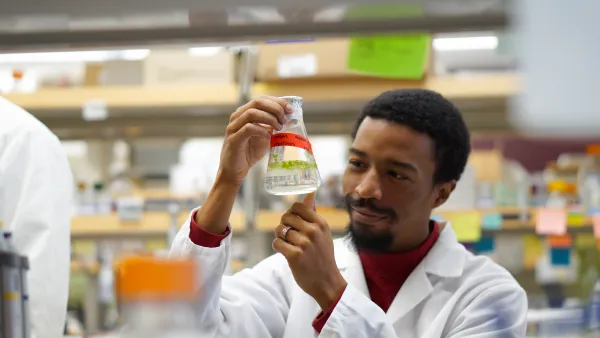Plant cells manage and coordinate gene expression to communicate information throughout the plant for the regulation of development and responses to external stresses.
Our research group uses spatial and single-cell genomics, imaging, and molecular biology to uncover the spatial organization of genes in plants, with a core objective of unraveling the communication mechanisms within plant cells. Our goal is to create a detailed “map” that pinpoints where genes are located to understand how they are regulated across plant organs and tissues. Our research encompasses two fundamental areas of biology to achieve this goal:
- Plant-microbe interactions: We seek to uncover the gene networks plant cells use to defend themselves against pathogens and recruit beneficial microbes.
- Duckweed Biology: In this small aquatic plant, we seek to decode the spatial gene arrangement and understand its rapid growth and reproduction mechanisms, which could have broader implications in developing crops that are more efficient in growth.


